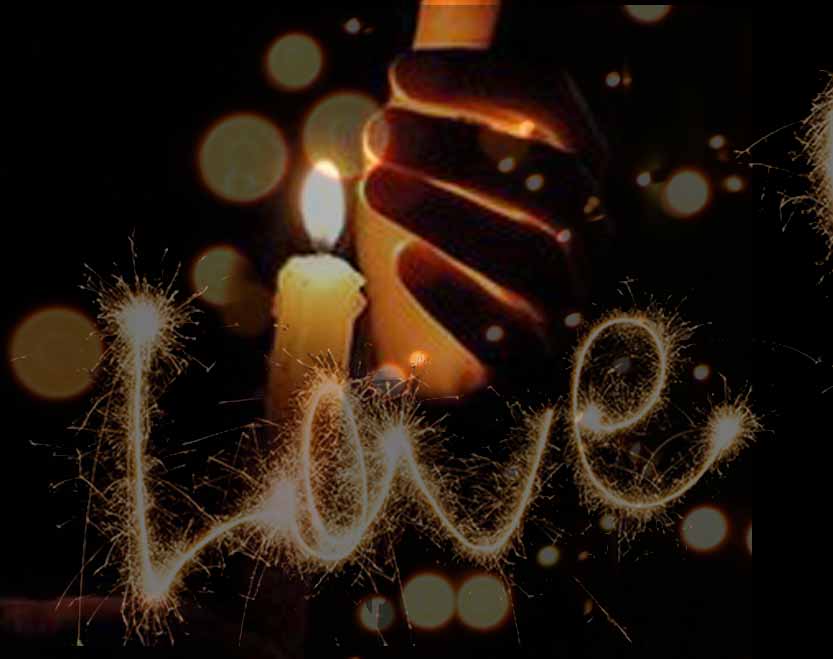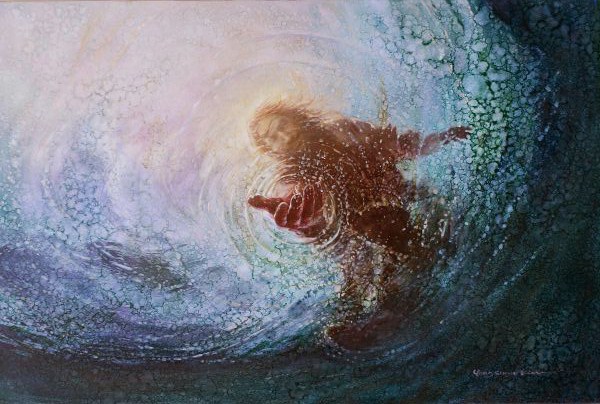Lenten Reflection Day 36 (Mar 29): HERE I AM (Psalm 40:5-10).
SONG: Here I Am by Air Supply: https://youtu.be/B6rXBLRo_GU POEM:Rumi: Here I Am (excerpt): … In the silence surrounding every call of ‘Allah’Waits a thousand replies of ‘Here I am.’ QUOTE: Leo Tolstoy: Here I am alive, and it’s not my fault, so I have to try and get by as best I can without hurting […]



